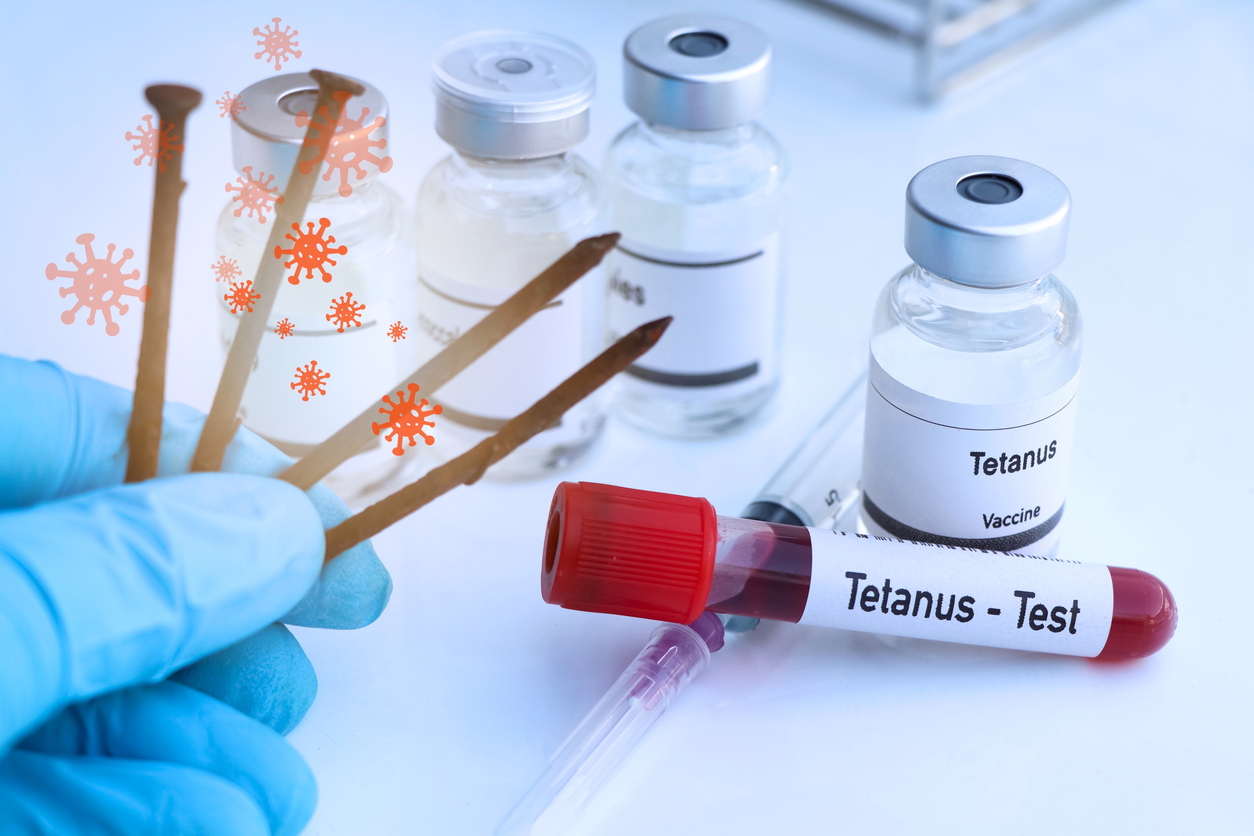Exploring Cocoa Production in Nigeria: A Look Into the Major Cocoa Producing Regions
Exploring Cocoa Production in Nigeria: A Look Into the Major Cocoa Producing Regions
From its humble beginnings in the early twentieth century, cocoa production in Nigeria has been an important part of the country’s economy. With an estimated cocoa production of about 1,062,000 metric tonnes in 2020, Nigeria is the fourth largest cocoa producer in the world. Cocoa production in Nigeria is mainly concentrated in the major cocoa producing regions of the country, namely the South-Western region, the South-Eastern region, and the Middle Belt region. In this article, we take a closer look at these major cocoa producing regions and explore how cocoa production has shaped the economic and social landscape of Nigeria. We will also discuss the challenges and opportunities that exist in each of these regions and how they are impacting cocoa production in the country. Finally, we will discuss the measures taken by the government to promote and sustain cocoa production in Nigeria.
Overview of Cocoa Production in Nigeria
Cocoa, which is the beans from the cacao plant, is used to produce chocolate and cocoa butter, which is used in the production of confectionery, baked products, and dairy products. Cocoa trees grow best in tropical and sub-tropical climates as they need a warm and humid climate to thrive. The cacao tree can grow up to a height of 15 meters and can live up to 50 years. It is an evergreen tree that is grown in the tropics and subtropics, mainly in Central and South America, Africa, and the Caribbean. The majority of cocoa bean exports are made up of Criollo and Forastero varieties, which are the two main types of cocoa beans. The main factors that determine the quality of cocoa beans are the variety of the plant, soil type, and weather conditions. Cocoa production in Nigeria has grown significantly since the 1950s. The cocoa industry in the country has been struggling with issues of sustainability, however, and is currently in need of revitalization.
Cocoa Production in the South-Western Region
The South-Western region of Nigeria has been an important cocoa producing region since the early 1900s. In fact, the cocoa industry in the region has a history of almost 100 years. At present, the South-Western region accounts for about 45% of the country’s cocoa production. The Ibadan region, which is located in the South-Western region of Nigeria, is one of the largest cocoa producing areas in the country. This region supplies about 70% of the total cocoa produced in the South-Western region. The Ibadan region has been a significant producer of cocoa due to its favourable weather conditions and rich soil. Cocoa production in the South-Western region is mainly focused on the growing of Forastero and Criollo varieties. Major companies operating in the South-Western region include the Olam, Oando, and First Cocoa Industries Limited. The South-Western region accounts for about 45% of Nigeria’s cocoa production. While cocoa production in the South-Western region has been thriving for many years, the area has recently been facing some serious challenges. These challenges, combined with a declining cocoa yield and an unfavourable weather outlook in the region, are expected to have an adverse impact on the South-Western region’s cocoa production in the near future.
Cocoa Production in the South-Eastern Region
The South-Eastern region is another major cocoa producing region of Nigeria. It accounts for about 36% of the country’s cocoa production and is home to some of the most competitive cocoa producing areas in the country. The major cocoa producing areas in the South-Eastern region include the Ogun, Ondo, and Osun states. These areas account for about 90% of the cocoa produced in the South-Eastern region. The major cocoa producing companies in the South-Eastern region include the Olam International, Oando, and First Cocoa Industries Limited. Cocoa production in the South-Eastern region has been thriving for many years. However, the government of Nigeria has recently identified the region as a potential area for investment because of its favourable climate and soil conditions. Cocoa production in the South-Eastern region faces several challenges, however, that may threaten the sector’s sustainability. These challenges include a declining cocoa yield, poor soil quality, and a limited labour force. These challenges are expected to have an adverse impact on the South-Eastern region’s cocoa production in the future.
Cocoa Production in the Middle Belt Region
The Middle Belt region, which is located in the centre of the country, is another important cocoa producing region in Nigeria. This region accounts for about 9% of the country’s cocoa production and is home to some of the most competitive cocoa growing areas in the country. The major cocoa producing areas in the Middle Belt region include the Bendel, Sokoto, and Kogi states. These areas account for about 90% of the cocoa produced in the Middle Belt region. The major cocoa producing companies in the Middle Belt region include the Dangote Industries, Dangote Cement, and Dangote Flour Mills.
Challenges and Opportunities in Cocoa Production
Cocoa production in Nigeria has been thriving for many years. However, recent studies have indicated that the cocoa industry in the country is facing some serious challenges that are expected to have an adverse impact on the sector’s sustainability. These challenges include a declining cocoa yield, poor soil quality, and a limited labour force. Cocoa growers in Nigeria have been facing a declining cocoa yield, which is expected to negatively impact the sector’s sustainability. The major factors contributing to the declining cocoa yield in Nigeria include a poor soil quality, poor cocoa tree management, and a declining number of cocoa farmers. There is also a need to promote cocoa cultivation in areas that are not suitable for cocoa production, such as the savannah areas. Cocoa growers in Nigeria also need to adopt appropriate farming methods that promote cocoa sustainability. This can be done by planting cocoa trees that are resistant to diseases and have a high yield. Cocoa growers in Nigeria also need to address issues related to fertilization and irrigation, especially in areas where rainfall is limited.
Government Measures to Promote Cocoa Production
The Nigerian government has implemented various measures to promote sustainable cocoa production in the country. These measures include the provision of subsidies for cocoa farmers, the maintenance of a healthy relationship between cocoa growers and processors, and the provision of training to farmers and cocoa processors. The government of Nigeria has also implemented policies to promote sustainable cocoa production. Some of these policies include the Cocoa Rehabilitation Policy, the Cocoa Sustainability Policy, and the Cocoa Derivatives Policy. The government has also set up a Cocoa Investment Fund to promote sustainable cocoa production in the country.
Impact of Cocoa Production on the Economy
Cocoa production in Nigeria has been an important part of the country’s economy, accounting for about 9% of the country’s GDP. Cocoa production in Nigeria has also created employment opportunities and has allowed the country to export cocoa beans, which has helped boost the country’s economy. In conclusion, cocoa production in Nigeria has been a significant part of the country’s economy. The cocoa industry in the country, however, is currently facing a number of challenges. These challenges include a declining cocoa yield, poor soil quality, and a limited labour force. The government of Nigeria has implemented various measures to promote sustainable cocoa production in the country. These measures are expected to have a positive impact on the cocoa industry in Nigeria.








LEAVE A COMMENT
You must be logged in to post a comment.